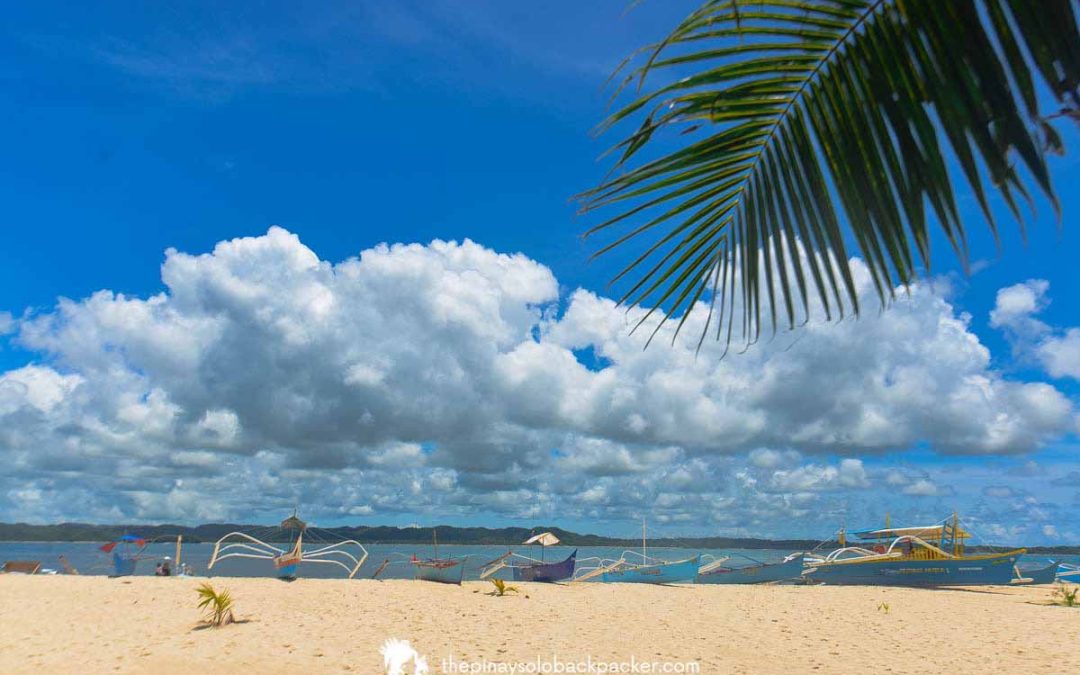Many foreigners find the Philippines an appealing place where they can start a new life or retire. The country’s warm climate, vibrant culture, and scenic landscapes offer a blend of relaxation and excitement, making it a perfect destination for expats seeking adventure and comfort. However, living in the Philippines can be challenging, as navigating property ownership as a foreigner presents a unique set of complexities.
Due to legal restrictions and regulations, many expats face limitations that can complicate the property ownership process. Therefore, they must carefully understand what they can legally acquire and how to structure their payments to ensure both legal and tax compliance. This article explores the key laws and practical considerations that foreigners should know before investing in Philippine real estate.
TRAVEL BLOG CONTENTS
1) Foreigners Cannot Directly Own Land
According to the Philippine Constitution, foreign nationals aren’t entitled to directly own land, as land ownership is reserved for Filipino citizens and entities considered Philippine nationals. However, expats can acquire land through certain legal methods, one of which is by intestate succession. This means that a foreigner who is legally entitled to inherit property from a deceased Filipino relative may acquire the land, provided that the inheritance rules and legal processes are strictly followed.
Another method is to set up a domestic corporation in the Philippines. In this arrangement, foreigners may hold shares in the corporation, but at least 60 percent of the corporation’s capital must be owned by Filipino citizens. Through this corporate structure, expats can indirectly control and benefit from land owned by the company while remaining fully compliant with Philippine property laws.
2) Foreigners Can Own Property
While direct ownership of land is restricted, foreigners have several other options for acquiring property in the Philippines. The most common is condominium ownership. Under Philippine law, foreigners may own condominium units as long as foreign ownership does not exceed 40 percent of the total units in a building project. This allows expats to enjoy the benefits of property ownership without violating the constitutional limitations on land ownership.
Another option is long-term lease agreements. Expats may lease land for periods of up to 50 years, with the option to renew for an additional 25 years. This arrangement enables foreigners to build residential or commercial structures on the leased land and enjoy the use of the property for an extended period without acquiring ownership of the land itself.
Finally, foreigners can legally own buildings and houses constructed on land that they lease or that is owned by a Philippine corporation. While they cannot own the land outright, ownership of the structures provides both security and investment potential.
3) Fees and Taxes
Even after understanding what types of property foreigners can legally acquire, expats must also be aware of the financial obligations associated with ownership. Knowing these obligations helps minimize risk and provides peace of mind throughout the ownership process.
Property acquisition in the Philippines involves several fees, and each one serves a specific or legal administrative purpose. Documentary stamp taxes, for instance, are levied on the transfer of ownership and serve as proof of the transaction. Transfer taxes, on the other hand, are paid to the local government and are calculated based on the property’s market value. In addition, registration fees cover the cost of officially recording the property with the Registry of Deeds.
Apart from acquisition-related fees, real estate taxes should also be considered. These are assessed annually based on the assessed value of the property, and must be paid promptly to maintain compliance. Failure to meet these obligations can result in penalties, interest, or even legal complications.
In addition, expats should be mindful of capital gains tax if they decide to sell their property in the future. This tax is calculated on the difference between the property’s selling price and its acquisition cost, ensuring that gains from the sale are properly reported and taxed. Planning for tax compliance and consulting with local tax professionals ensures that expats remain within legal requirements while protecting their investment.
4) The Importance of Due Diligence
Thorough due diligence is a critical step for expats who want to invest in Philippines real estate. Through careful investigation and verification, foreigners can identify potential legal or financial risks, ensuring that their investment is both secure and compliant with local laws.
Before anything else, expats must verify the property’s title with the Registry of Deeds before entering into a purchase or lease agreement. This ensures that the property is legally owned by the seller or lessor and is free from any fraudulent claims. During this phase, foreigners must review all contractual obligations carefully to fully understand their rights and responsibilities. Working with accredited real estate agents, legal counsel, and licensed surveyors can uncover potential issues and prevent costly mistakes and potential disputes.
Moreover, expats should also understand zoning regulations, land-use restrictions, and any encumbrances (such as liens or easements) that could affect property value or usability. This way, they can avoid surprises that might limit the property’s intended use or reduce its investment potential. Conducting comprehensive research and seeking professional guidance can help expats make smarter decisions and protect both their legal and financial interests.
Build Your Future in the Philippines, the Right Way
Ultimately, navigating property matters as a foreigner in the Philippines requires both knowledge and careful planning. Awareness of local laws, financial obligations, and potential risks enables them to approach the process with assurance, making the experience far more manageable. With the right guidance and thorough preparation, expats can protect their investments and start their new life in the Philippines, confident they’ve secured lasting peace mind and legal assurance.



